San-Francisco based OpenAI made its big drop as China was enjoying the last days of Spring Festival holidays. The up-to-one-minute-long realistic videos created by the text-to-video AI generator Sora are so remarkable that they resulted in people imaging the boundless possibilities of this generator could have. Sora is probably able to reshape the entire movie industry and it also mirrors the disparity between China and the U.S. on in generative AI.
According to OpenAI's explainer, Sora is capable of generating complex scenes with accurate details, including multiple characters, specific types of movements, themes, and backgrounds. It understands not only what the user requests in the prompts, but also how these things exist in the physical world.
Industry observers have noted that the emergence of the video-generation model was highly anticipated. However, there have been comments expressing surprise at the speed of its development, with some individuals excitedly proclaiming "the arrival of a new industrial revolution." On the other hand, there are concerns that this advancement may lead to "the disappearance of reality" as we know it, and that it could potentially spark a battle against the dominance of Hollywood in the movie industry.
"When I see Sora, the first word that comes to my mind is 'shock,' like the majority in the film industry. As film producers, we understand the potential impact of AI on the various aspects of film production, some position such as works relating to movie preview would be impacted," Ma Heliang, executive secretary-general of the science fiction film working committee of China Film Association, told the Global Times on Saturday.
But the current technology is still far from reaching the levels required for making theatrical films, or to hollow out the entire movie industry. Over the past 100 years, movies have established an emotional connection and a shared social space with the audience. It involves socializing and sharing aesthetics, making it a complex entity. It is not possible to replace this experience with a simple video clip generated by AI, Ma noted.
"But the strong capability of Sora tells us that the direction of relying on AI to assist in human creativity is becoming increasingly clear. It allows creators to be less constrained by industrial processes and enables them to express what they want more freely using AI tools," he said.
Zhou Hongyi, founder and chairman of 360 Security Technology, stated that Sora may bring a huge disruption to the advertising industry, movie trailers, and short-video industry, but it may not necessarily defeat TikTok quickly. It is more likely to become a creative tool for TikTok.
As OpenAI explained that it is teaching AI to understand and simulate the physical world in motion, with the goal of training models that help people solve problems that require real-world interaction. Industry observers said what is remarkable for Sora is that it has testified that AI is able to build "general purpose simulators of the physical world." In this regard, its potential impact is expected to be unprecedented, not only for the film and television production sector but also for the entire content creation industry.
"Once AI is connected to cameras and watches all movies, YouTube, and TikTok videos, its understanding of the world will far surpass textual learning… This is not that far from achieving artificial general intelligence (AGI), not a problem of 10 or 20 years, but possibly within one or two years," Zhou exclaimed.
Many posted on Chinese social media that the emergence of Sora has highlighted the growing disparity between China and the U.S.. Zhou said that although the development level of large-scale models in China seems to be close to GPT-3.5, there is still a one-year-and-a-half gap compared to 4.0. OpenAI should still have some secret weapons, whether it is GPT-5 or machine self-learning to generate content.
Liu Wei, director of the human-machine interaction and cognitive engineering laboratory with the Beijing University of Posts and Telecommunications, also a frequent participator in many rounds of talks with his U.S. counterparts on AI technology, told the Global Times that scholars in the two countries share common understanding believing that the U.S. is leading-edge in software and hardware development and this advantage will further increase. But on AI application and data collection, U.S. scholars admit that China has a greater lead.
"I would say that on the human-machine collaboration field, China and the U.S. stand on the equal position, which is also one of the reasons why the U.S. has repeatedly carried out AI technology dialogue with China. Only when the strength of the two sides is equal, there is a willingness to dialogue," Liu noted. "But at the same time, the U.S. is also very worried that China will achieve major breakthroughs in human-machine collaboration, excelling the U.S. in this regard."
At the moment, Sora is not accessible to the general public. OpenAI has stated that the AI generator will only be accessible to cybersecurity professionals known as "red teamers" who will evaluate potential areas of harm or risks.
Liu noted that the technology is a double-edged sword. The rapid development will for sure bear strong brunt in traditional ethnics, laws and ways of production. A laissez faire approach will lead to infringe on interests of the public but an over-strict regulation will slow down the technology development.
"We need to strike a balance, allowing room for trial and error, and ensuring a balance between technological innovation, application and regulation," Liu highlighted.










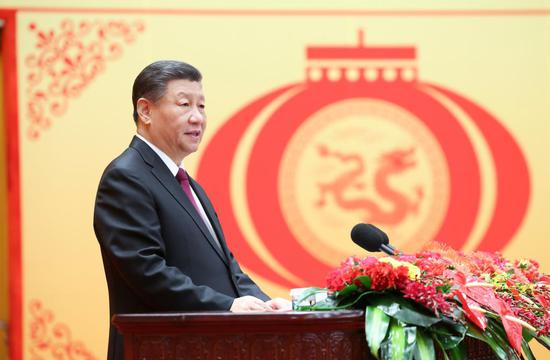











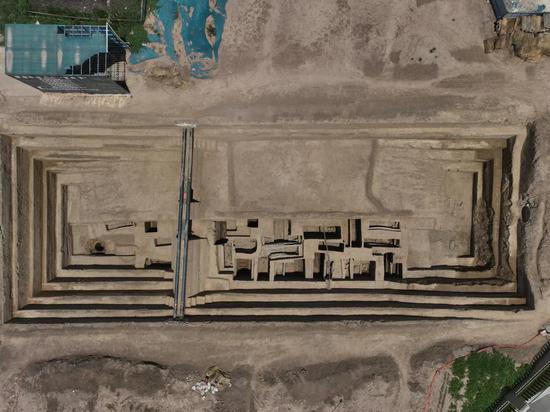







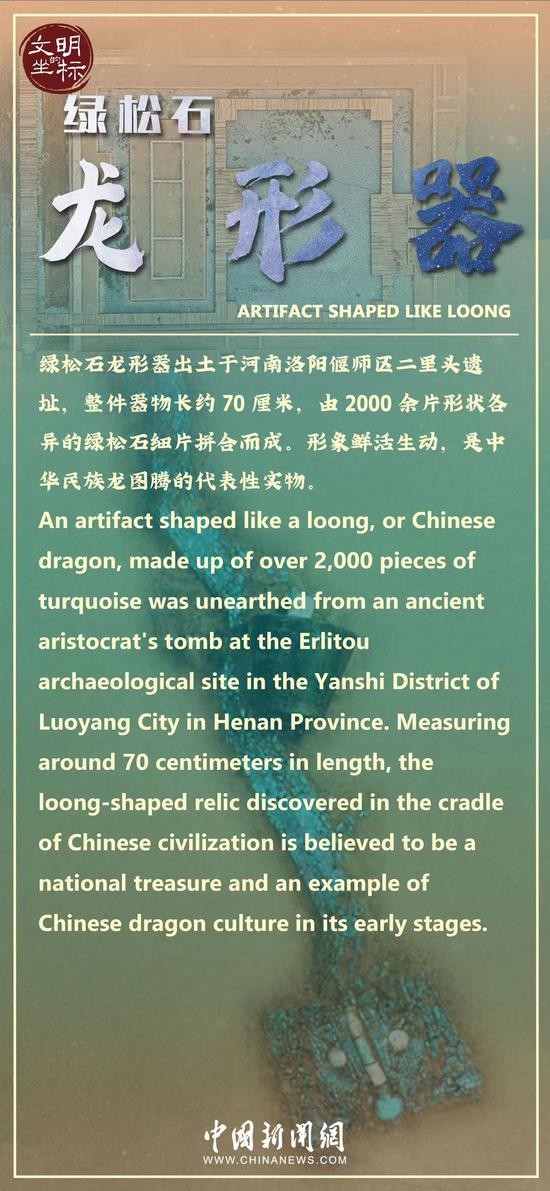


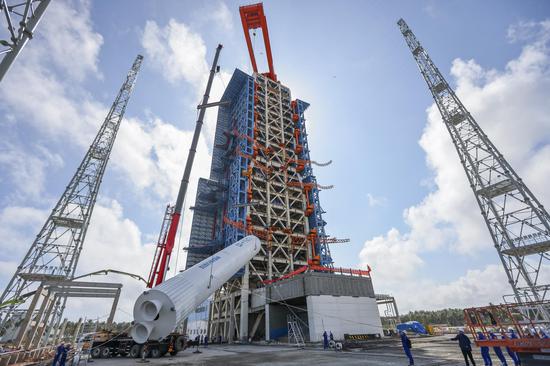
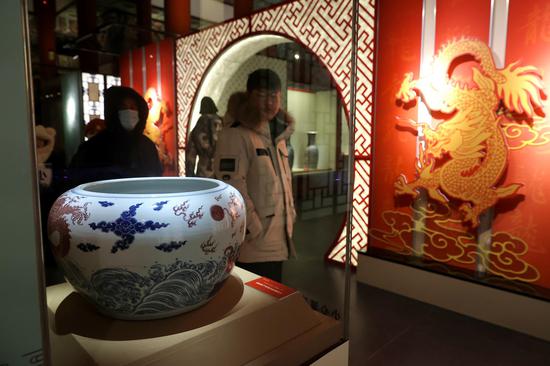


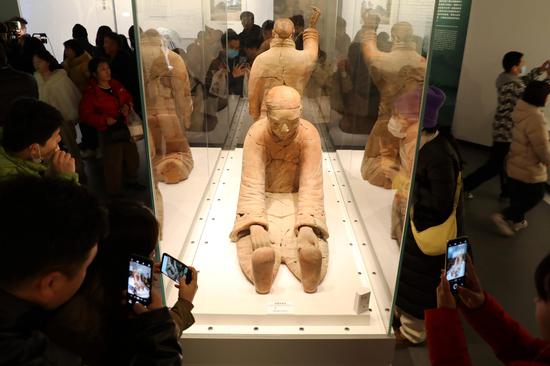






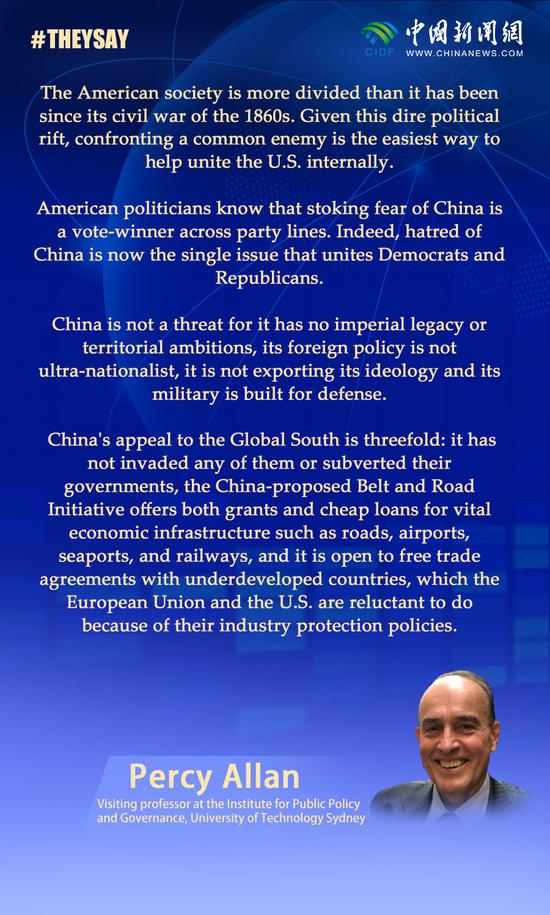





 京公网安备 11010202009201号
京公网安备 11010202009201号